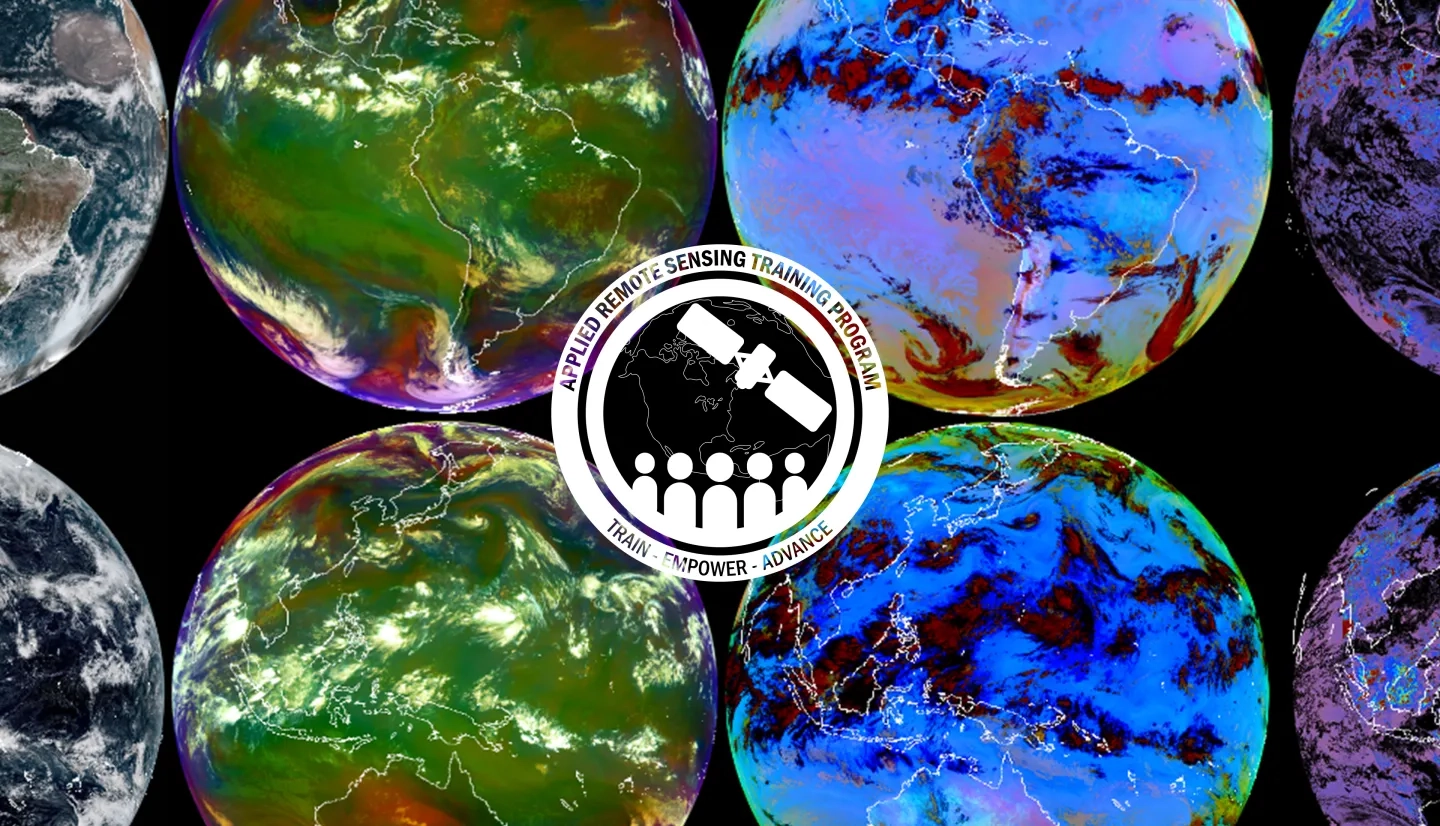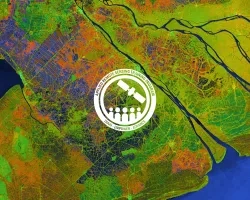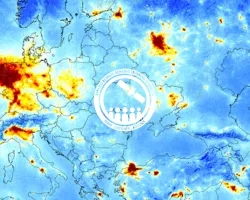Description
For certain applications, some satellites take too long to revisit the same spot. Some satellites are capable of consistent monitoring of the same area. This webinar series will cover satellites with a high temporal resolution for air quality applications. Attendees will learn about new and upcoming geostationary satellites, what data is available, and how to access them. The training will cover satellites over the Americas, Asia, and Africa, and feature speakers from NOAA, Yonsei University, and the Indian Institute of Remote Sensing.
By the end of the training, attendees will be able to:
- Understand the difference between polar orbiting and geostationary satellites
- Recognize current and upcoming geostationary satellites
- Access air quality datasets
Local, state and federal environmental monitoring agencies in the Americas, Asia-Pacific, and Africa.
- Four 1-hour sessions
An introduction to geostationary satellite remote sensing of air quality. Speaker: Dr. Pawan Gupta, STI/USRA, NASA Marshall Space Flight Center
Materials:
Aerosol observations from GOES-R and GOES-S satellites over the Americas. Speaker: Dr. Amy K. Huff, Assistant Research Professor, The Pennsylvania State University/NOAA
Materials:
Aerosol observations from the HIMAWARI, GOCI, and GEMS satellites over Asia. Speaker: Dr. Myungje Choi, Yonsei University, South Korea
Materials:
Aerosol observations from the INSAT series of satellites over Asia and Africa. Speaker: Dr. Prakash Chauhan, Indian Institute of Remote Sensing, India
Materials:



